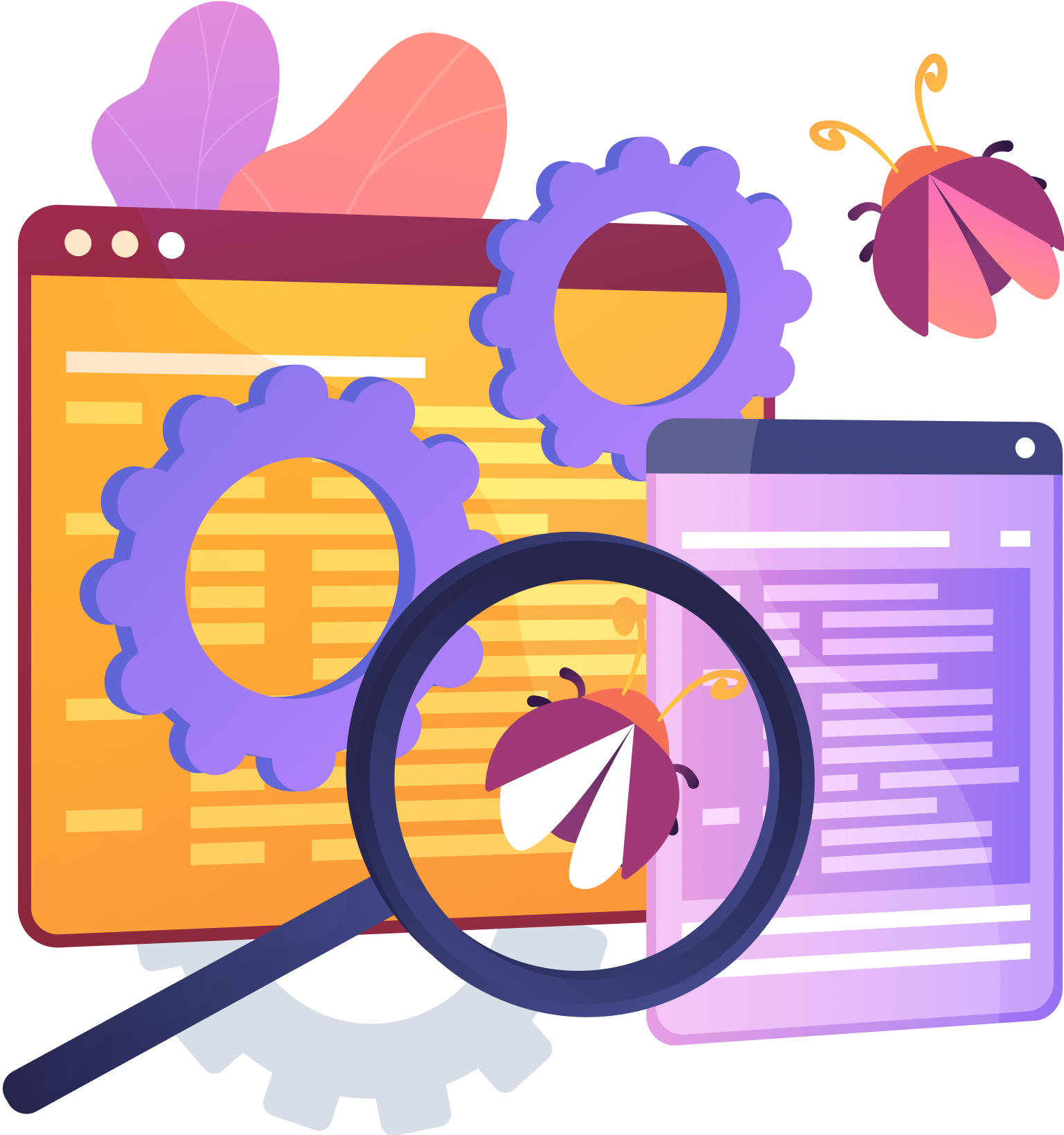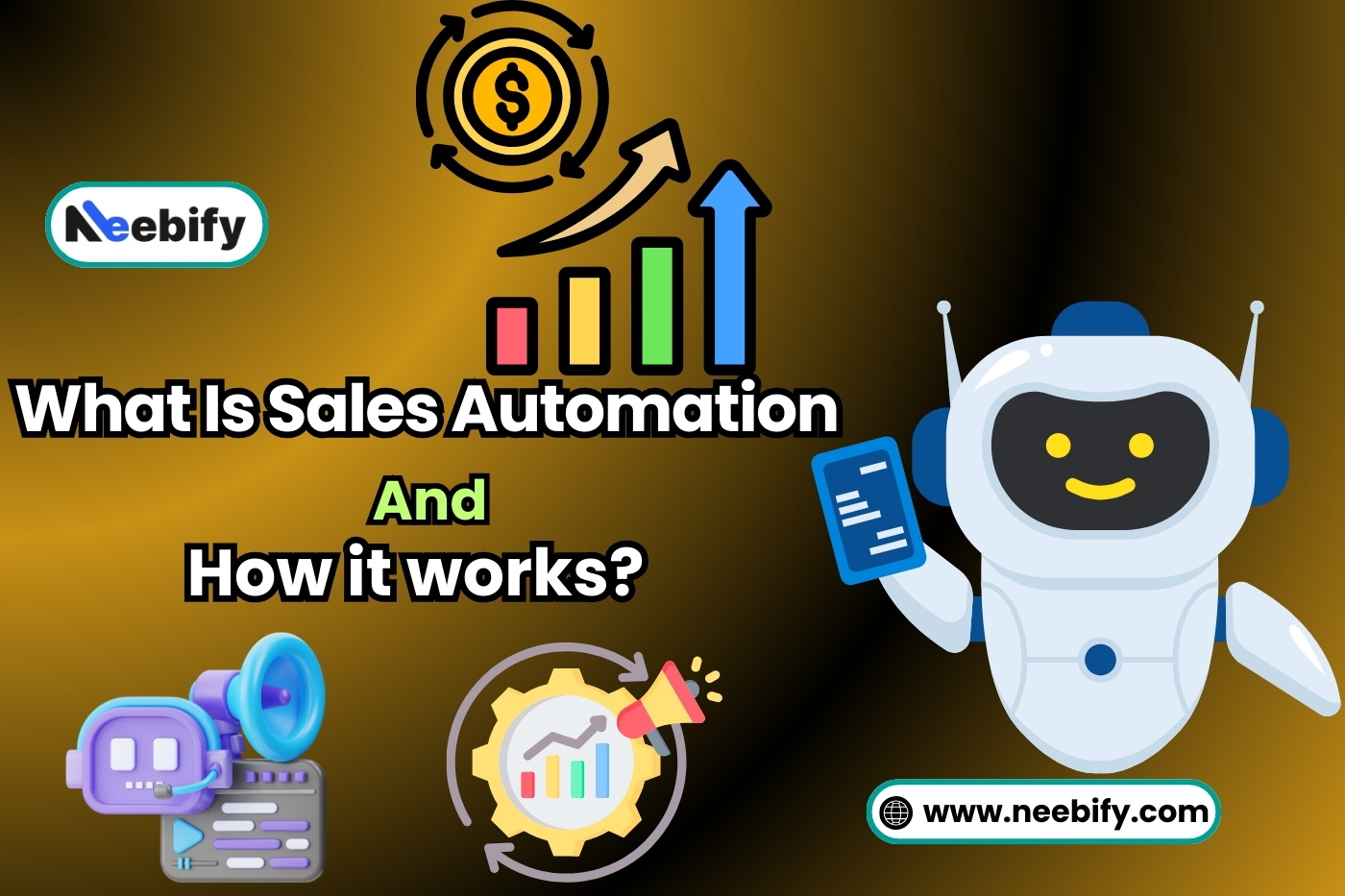Investigating the World of B2B Applications for Contemporary Businesses

These changes in the business world in the digital age have led to the creation of specific apps called B2B (business-to-business) apps. These apps are changing how companies talk to each other, run, and grow. Businesses (B2B) use apps instead of consumers (B2C) because they are better at meeting the complex needs of businesses than of individuals.
This detailed book goes into great detail about business-to-business (B2B) apps, their different types, how they are different from consumer apps, their advantages, and the most important parts of a well-made mobile app.
What is a B2B App?
A business-to-business (B2B) app caters to the needs of businesses, not individual users. These apps help businesses talk to each other by making things easier, like buying things, managing the supply chain, sending bills, and keeping track of customers. They are made to deal with the unique problems that come up when you're running a business, like joining your current business systems, working with complex organizational structures, and handling huge amounts of transactions.
You can use business-to-business (B2B) apps on a variety of platforms, such as PCs, mobile devices, and cloud-based systems. This gives businesses of all types the ability to grow and change as needed.
Different kinds of B2B Apps
CRM Apps
Companies need to use customer relationship management software to keep track of their relationships with both current and future customers. These apps make it easier to keep track of leads, handle customer data, and improve the sales process. They are very important for improving sales strategies and building and keeping strong relationships with clients.
ERPs Applications
ERPs, which stand for "enterprise resource planning," blend many business tasks into a single, logical system. Businesses can integrate accounting, supply management, human resources, and other areas into a single, logical system. ERP apps help businesses make smart choices, get more accurate data, and run their operations more smoothly.
E-commerce Platforms
B2B e-commerce refers to the use of computers to conduct business with other businesses. These systems are especially useful for managing large orders and dealing with complicated pricing models, which makes the buying process faster for both providers.
Supply Chains Apps
The main goal of these programs is to get as many goods and services moving as possible. They help handle the activities in the supply chain, which goes from businesses to manufacturers. This speeds up the chain, cuts costs, and makes it more efficient.
Business Intelligence Apps
Business intelligence applications are very good at both statistics and data visualization. They help businesses by analyzing data, finding trends, and making decisions based on the data. This real-time data is very important for strategy planning and analyzing the competition.
Collaboration and Communication Apps
These apps facilitate collaboration and communication among businesses. Platforms for teamwork, project management tools, and other technologies that help departments or even businesses work together and coordinate their efforts are some examples.
Apps For Financial Management
There are apps for financial management that can help companies with a number of their financial tasks. This includes planning, billing, keeping track of spending, financial reporting, and accounting. These apps help businesses run their finances more efficiently and keep accurate records of their money.
Difference Between B2B and B2C App
While there may be some similarities between B2B and B2C apps, their target audiences, features, and marketing strategies differ significantly. B2B apps meet business needs by focusing on features, integration, and flexibility. They usually come with longer sales processes, stricter security rules, and more complicated transactions.
On the other hand, B2C apps cater to individual customers and prioritize the user experience, app design, and ease of use. When it comes to B2C apps, marketing is often based on emotional appeal, while B2B marketing is more focused on providing information and value.
Advantages of B2B Apps
Streamlined Operations
Two great things about B2B apps are that they can automate and streamline business processes. Automation makes things more accurate and efficient because it speeds up processes and cuts down on mistakes made by hand. For instance, automating order handling and billing saves time and minimizes errors, thereby enhancing the smoothness of business operations.
Better communication Effective teamwork and communication are keys to running a successful business. By giving businesses and their partners better ways to talk to each other, B2B apps make it possible. These apps use collaborative platforms or built-in messaging systems to make sure that everyone agrees, which boosts speed and teamwork.
Better Communication
In today's data-driven business world, it's essential to be able to make choices based on complete insights. B2B apps with powerful analytics and reporting tools are very useful because they let companies get useful information from huge datasets. By noticing trends and signs of success, businesses can make more accurate plans that will help them run more efficiently and give them an edge in their industries.
Cost Reduction
Because B2B apps can automate tasks, they save a lot of money by getting rid of manual tasks and shifting from paper-based routines to digital ones. These tools not only make things easier, but they also find places where things aren't working as well as they could. This helps businesses spend their money wisely and get the most out of their resources. B2B apps help businesses stay in business and grow over time by making operations more efficient. This lets them put their money and time into areas that create value and new ideas.
Better Customer Management
Customer Relationship Management (CRM) features in business-to-business apps change the way customers connect with businesses, from finding new customers to helping them after the sale. Better customer service and easier communication make customers more loyal and happy, which helps your business grow and make money by building long-term relationships and maximizing the value of each customer over their lives.
Scalability
Scalable design principles built into B2B apps make it easy for them to adapt to changing business needs and growth paths. Even though these apps are getting more complicated, they are still flexible, which means they will continue to be useful as businesses grow. This scalability not only protects businesses for the future, but it also lets them take advantage of new technologies and market possibilities quickly and with confidence.
Security
Because data breaches are such a big problem for businesses these days, B2B apps use the most advanced security steps to keep sensitive data safe. These apps give businesses peace of mind by protecting them from data leaks and unauthorized access with strong encryption methods and strict access controls. By putting security first, B2B apps build trust with partners and make sure they follow the rules. This lowers risks and keeps important business data private and secure.
Customization
Because businesses have different wants and ways of doing things, B2B apps let you make a lot of changes. With the ability to customize workflows and add specific features, companies can make these apps work perfectly with their own processes and needs. This flexibility not only makes users happier and more productive, but it also makes sure that the app stays useful and important as business problems change. B2B apps encourage innovation and efficiency by letting businesses customize their digital tools. This helps companies reach their strategic goals more quickly and accurately.
READ ALSO- Why Application Monitoring Is Important For Business Success?
Important Things To Develop in B2B App
Easy to use Interface
A business-to-business app must have both a useful and an easy-to-use interface. This means making a design that is easy for people to use and speeds up complicated processes. When users have an intuitive interface, they can complete jobs more quickly and easily. This increases adoption rates and makes the user experience better overall.
Customization and Scalability
Businesses may need to change their needs quickly, so a business-to-business app needs to be able to bend and react. Scalability refers to the app's ability to manage a larger number of users, process more complex data, and adapt to the unique workflows and processes of a business.
Skills for integration
It's important that any present business systems, like accounting software, CRM, and ERP services, work well with the new system. This integration feature makes sure that procedures and data are always the same across platforms, so that business processes are accurate and effective.
Strong security
A B2B app must incorporate robust security measures to safeguard private company data. This includes strict protocols for authenticating users, encryption methods to keep data safe from people who shouldn't have access to it, and strict adherence to all relevant data security laws. Businesses can build trust among app users by making the app's security stronger and telling them that their private data will be safe from any possible breaches or intrusions.
Offline Functionality
Offline features are useful, especially in places where the internet connection isn't always stable. This tool allows users to access the main features of the app without an internet connection, ensuring uninterrupted work. Tasks completed while not connected automatically sync with the computer when you reconnect to the internet.
Real-Time Analytics
Access to real-time data visualization and analytics is a must for companies that want to make smart decisions. With these analytical tools, businesses can quickly look at performance measures, spot new trends, and get insights from data streams that they can use. By using real-time analytics, companies can quickly adjust to changing market conditions, improve operational efficiency, and quickly and accurately take advantage of new possibilities.
Mobile Optimization
Because so many people in businesses use mobile devices, it's important to make B2B apps work better on mobile platforms. This means making sure the app works well on a range of operating systems, using responsive design concepts, and making sure the app works well on all screen sizes. By making mobile optimization a top priority, businesses can meet the needs of workers who are always on the go by making their sites more accessible and easy to use on all mobile devices.
Support and Maintenance
For an app to keep running at its best, it needs ongoing help and maintenance. This includes changing with the times when it comes to technology standards, legal requirements, and user comments. Regular updates with new features, improved performance, and bug fixes are necessary for the app to remain useful and current. Businesses can maintain an app's dependability, longevity, and user happiness over time by putting support and maintenance projects at the top of their list of priorities.
Conclusion
B2B apps are important to today's business world because they improve communication, make operations more efficient, and give companies strategic benefits. To get the most out of them, you need to know what kind they are, how they differ from B2C apps, and what benefits they offer. It is also possible to make powerful tools that meet the changing needs of businesses by adding important features to B2B app development. B2B apps will continue to be very important to the growth and change of companies around the world as the digital world changes.
FAQs about B2B App Development
Q.1- What's the difference between a B2B app and a B2C app?
A- Businesses use a B2B app, which differs from a B2C app, for transactions and exchanges. B2B apps, unlike B2C apps, cater to businesses and provide customized solutions. Understanding the app's purpose and target audience is crucial. To make it more visible in search results, use relevant terms like "B2B app" and "business solutions."
Q.2- What are the main reasons why businesses should use a B2B app?
A- Businesses get a lot of benefits from B2B apps, such as better contact, easier transactions, and higher productivity. Using useful keywords like "B2B app benefits" and "business productivity tools" in your content to talk about these benefits can help your search engine rankings.
Q.3- How can a business-to-business app help make things run more smoothly?
A- B2B apps make things run more smoothly by automating chores like CRM, managing inventory, and processing orders. Adding phrases like "business process optimization" and "automation solutions for enterprises" to content makes it more visible in search results, which brings in businesses that want to save time and money.
Q.4- It's safe to do business through a B2B app, right?
A- Yes, B2B apps put strong security measures like encryption and compliance standards at the top of their list of priorities to make sure deals are safe. With terms like "secure B2B transactions" and "enterprise data protection," you can reassure users that your content is safe. This builds trust and authority.
Q.5- Can a business-to-business app work with other company systems?
A- Yes, B2B apps often work well with ERP, CRM, and financial systems because they easily connect and share data. Terms like "seamless business system integration" and "ERP-compatible B2B solutions" that stress integration skills make content more visible.
Q.6- How easy is it to change B2B apps to meet the needs of a specific business?
A- Business-to-business apps offer great flexibility in customization, adapting to meet the unique needs of any business. Using terms like "tailored business solutions" and "customizable B2B platforms" to draw attention to customization choices makes search results more relevant, which brings in businesses looking for customized solutions.
Q.7- What kind of customer service does a B2B app usually offer?
A- B2B app vendors give great customer service through email, phone, and live chat. Businesses that value reliable support will benefit from using phrases like "dedicated B2B app support" and "24/7 customer assistance" to describe a wide range of support choices.
Q.8- How do prices usually work for business-to-business apps?
A- The price of a business-to-business app depends on its features, user licensing, and support services. Using phrases like "flexible subscription models" and "transparent pricing for enterprise apps" to describe pricing structures makes it easier for businesses to see when they are figuring out how cost-effective something is.
Q.9- What should companies do if they want to use a business-to-business app?
A- To make sure an adoption goes well, businesses should figure out what they need, look at their choices, and ask for feedback. Using phrases like "B2B app adoption best practices" and "steps to successful implementation" to draw attention to adoption strategies makes the material more relevant and attracts businesses that are still in the adoption phase.
Q.10- How can companies make sure that switching to a B2B app goes smoothly?
A- For transitions to go smoothly, you need training, tools, and the ability to talk clearly to the app vendor. Businesses going through changes can find your content more easily when you use terms like "B2B app implementation tips" and "change management for business apps" to talk about transition strategies.









